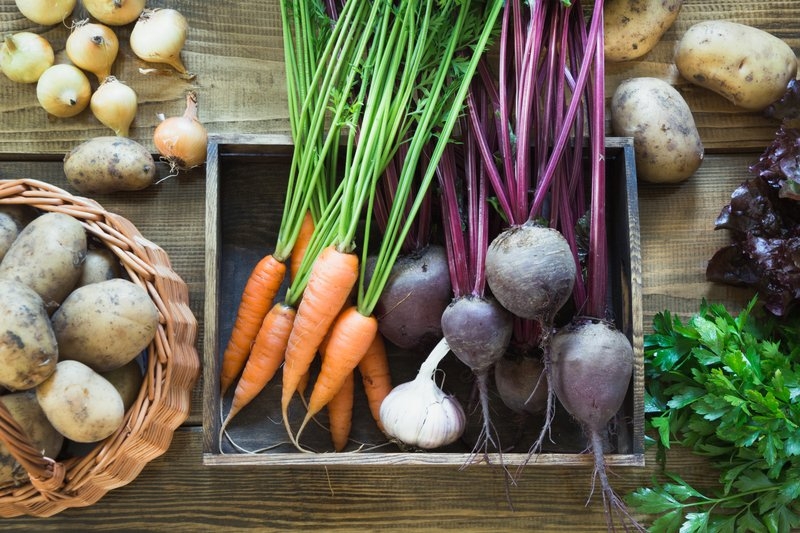

Research funded by the European Union’s Horizon 2020 has found that fibres from vegetables can strengthen concrete.
Normally, concrete is comprises water, aggregate and Portland cement, but researchers found that adding tiny “nanosized” platelets from beetroots and carrots create a stronger mixture by increasing the amount of calcium silicate hydrate generated, which is the product that strengthens concrete. The vegetable extract strengthened the mixture so well that 40kg less Portland cement was needed per cubic metre of concrete.
Lancaster University and company Cellucomp conducted the study. The team found that concrete containing vegetable composites surpassed mixes with additives like graphene and carbon nanotubes. The vegetable additive is also cheaper and can be sourced from food waste.
Prof. Mohamed Saafi, lead researcher, said: “The composites are not only superior to current cement products in terms of mechanical and microstructure properties but also use smaller amounts of cement. “This significantly reduces both the energy consumption and CO2 emissions associated with cement manufacturing.”
Future research will determine if existing concrete structures could be reinforced with sheets made from vegetable nanoplatelets. Cellucomp currently uses root vegetable fibres to produce longer lasting paint.
Image courtesy of Dreamstime/Svetlana Cherruty



